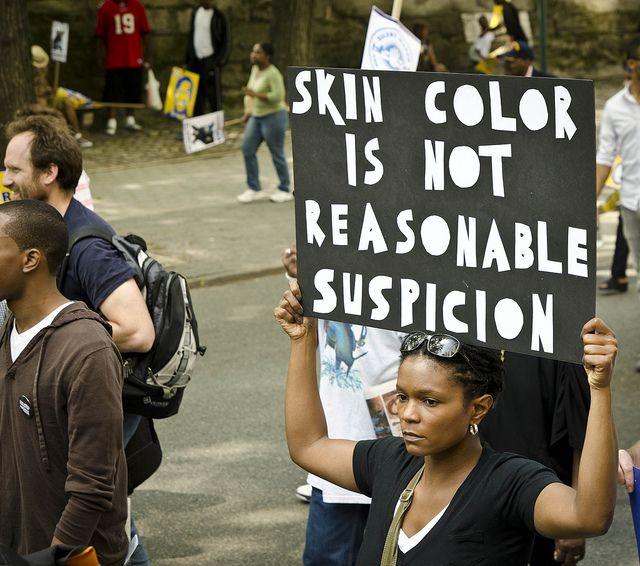 "I moved very far from the disadvantaged child I had been," says Richard Rodriguez in his essay, "Aria," after learning and understanding how to speak English. Richard Rodriguez, a child of two Mexican immigrant parents, had difficulty becoming part of the community due to not knowing the "public language" (English). Since his parents did not speak or understand English in the home, he was not able to communicate effectively. In Rodriguez's point of view, speaking Spanish was not socially appropriate or acceptable. This prevented him from making friends and participating in class, therefore he felt obligated to learn. Learning English negatively effected him due to a drift between him and his family. Rodriguez says, "I no longer knew what words to use in addressing my parents" (37). Rodriguez felt safe speaking Spanish in his home because he considered it a private language since he did not use it in public, which I could relate to. Between his private and public life, Rodriguez was uncertain with who he was. Rodriguez argues, "while one suffers a diminished sense of private individuality by becoming assimilated into public society, such assimilation makes possible the achievement of public individuality (39). What Rodriguez is arguing is that bilingual educators do not seem to notice how much of a disadvantage it is for a child to "lose a degree of 'individuality' by adjusting into public society (38). In other words, it seems though Rodriguez is arguing that you must change yourself to fit into society. Although he found it difficult, he eventually did. Comparatively Lisa Delpit states, "there are codes or rules for participating in power" (24). Rodriguez accepted that in the classroom English was valued, therefore the only way he would have been able to establish a public identity was to change. In addition to Rodriguez's essay, he mentions in an interview, "In some countries, of course,
Spanish is the language spoken in public. But for many American children
whose families speak Spanish at home, it becomes a private language."
"I moved very far from the disadvantaged child I had been," says Richard Rodriguez in his essay, "Aria," after learning and understanding how to speak English. Richard Rodriguez, a child of two Mexican immigrant parents, had difficulty becoming part of the community due to not knowing the "public language" (English). Since his parents did not speak or understand English in the home, he was not able to communicate effectively. In Rodriguez's point of view, speaking Spanish was not socially appropriate or acceptable. This prevented him from making friends and participating in class, therefore he felt obligated to learn. Learning English negatively effected him due to a drift between him and his family. Rodriguez says, "I no longer knew what words to use in addressing my parents" (37). Rodriguez felt safe speaking Spanish in his home because he considered it a private language since he did not use it in public, which I could relate to. Between his private and public life, Rodriguez was uncertain with who he was. Rodriguez argues, "while one suffers a diminished sense of private individuality by becoming assimilated into public society, such assimilation makes possible the achievement of public individuality (39). What Rodriguez is arguing is that bilingual educators do not seem to notice how much of a disadvantage it is for a child to "lose a degree of 'individuality' by adjusting into public society (38). In other words, it seems though Rodriguez is arguing that you must change yourself to fit into society. Although he found it difficult, he eventually did. Comparatively Lisa Delpit states, "there are codes or rules for participating in power" (24). Rodriguez accepted that in the classroom English was valued, therefore the only way he would have been able to establish a public identity was to change. In addition to Rodriguez's essay, he mentions in an interview, "In some countries, of course,
Spanish is the language spoken in public. But for many American children
whose families speak Spanish at home, it becomes a private language." 
Point to share:
Like Rodriguez, English was my second language and I was embarrassed to speak Spanish out of my house. I grew up in Lincoln, RI, and majority of the people in my town were white. Growing up, I was sort of ashamed coming from a different culture.


